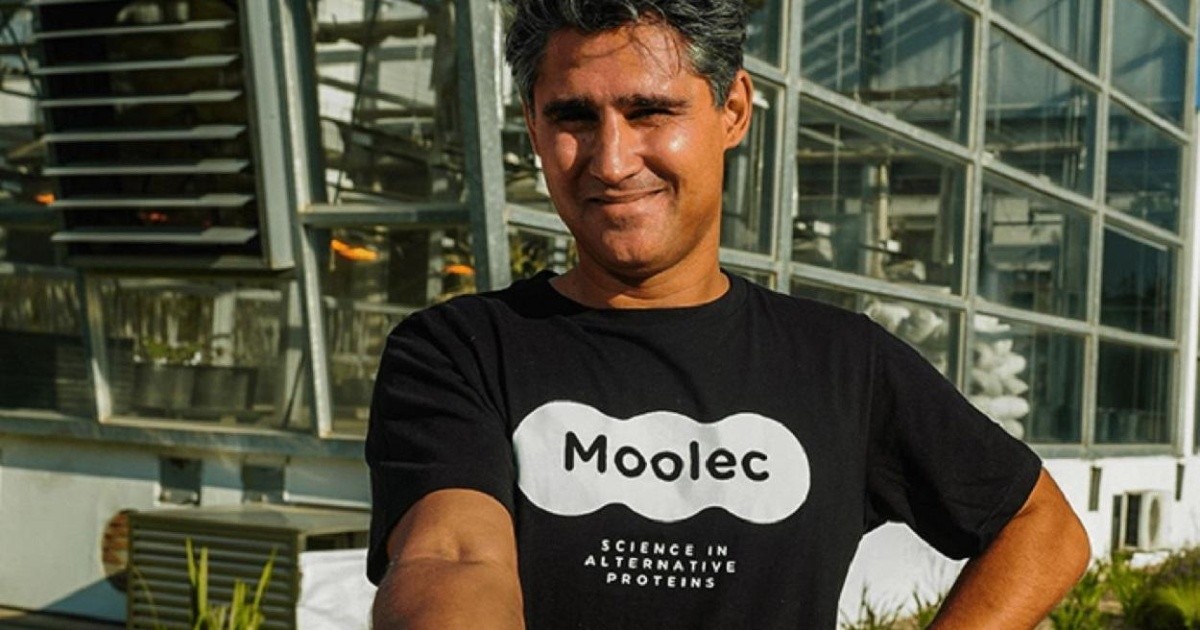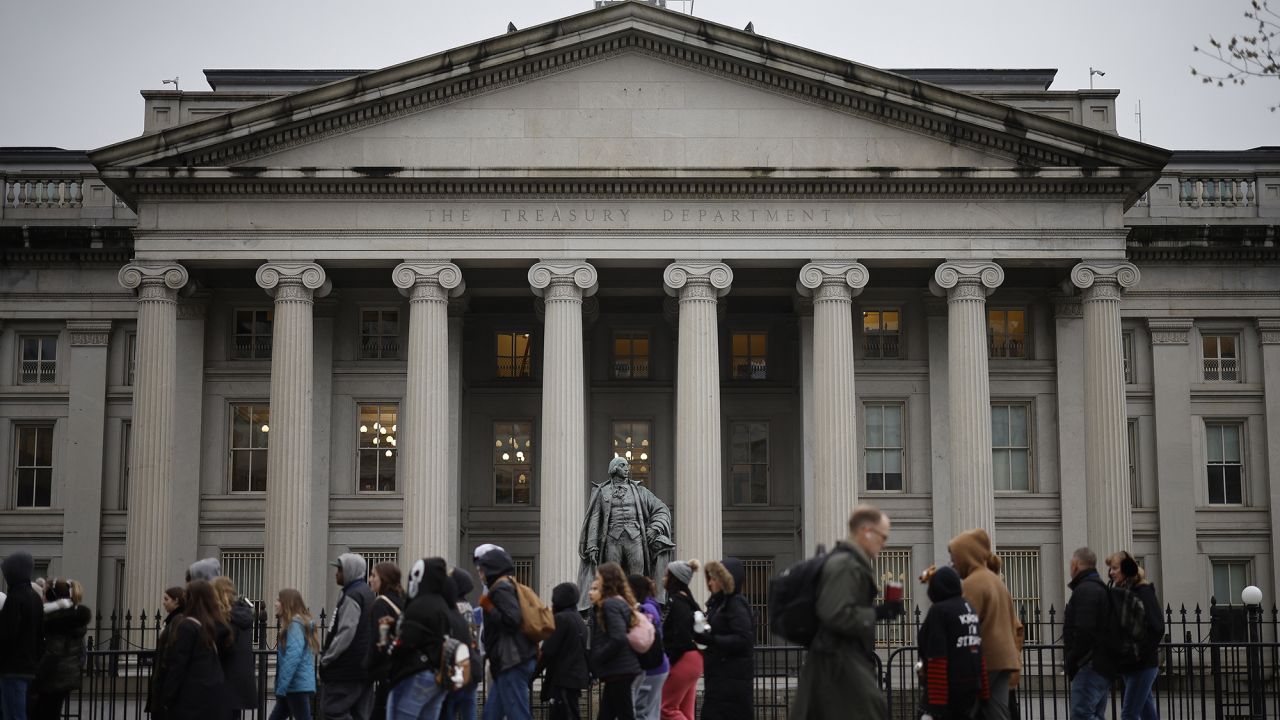In 2018, a press investigation revealed that the political consulting firm Cambridge Analytica had used personal information from nearly 50 million Facebook users to try to influence the 2016 North American elections. The information could have been shared by the social network without the users’ knowledge. As a result, the US Federal Trade Commission imposed a $ 5 billion fine on Facebook for mishandling the security of user data and ordered the creation of an independent commission on privacy issues.
at recent days, As 5G technology advances in the world, more and more voices are being raised to alert privacy concerns. The rift between the United States and China is most evident in this area of late. Data, especially personal data, is the new “oil”. That is why, in this area of 5G, the global disagreement, with the principles of implementation in Latin America, is not only between competing companies (Huawei vs Ericsson), but between countries (China versus the USA). Plunder is at stake is the personal data of consumers. Those countries that have been able to collect a larger volume of personal data will have much greater comparative advantages.
Technological advances over the past 30 years, as well as companies born under this expanding wave, have served in multiple ways to improve the way we work, connect with loved ones and influence the public arena. Once, Companies have collected an enormous amount of information from 2.4 billion users. These companies calculate data on religious and ideological attitudes, health, political interests, jobs, professional skills, location, and even the time and place the photo was taken and the people who appear in it. Although this information is voluntarily shared by users, its use for purposes other than those to which the user agrees may have negative effects on their rights, in particular the right to privacy.
This right, which is protected by many international instruments, includes the possibility of a reserved space, free from arbitrary interference by third parties, where people can manage their affairs independently according to their own convictions. With the advent of the Internet – and its ability to collect, store and share personal information – new challenges are constantly emerging around protecting this right. In particular, companies play a major role, as they store more personal data than governments. For this reason, it is their duty to respect the privacy of people associated with their activities.
The international instrument is particularly important. In 2011, the United Nations approved the Guiding Principles on Business and Human Rights, the first global frame of reference for promoting corporate respect for human rights. This framework affirms the duty of companies to respect rights, as well as to prevent and redress the negative impacts of their activities. Likewise, in 2016 the European Union issued a symbolic regulation called “General Data Protection Regulation” (Regulation (EU) 2016/679. This regulation mandates the collection and processing of data from companies in the digital economy.
These rules rethink two issues that apply to internet-connected companies. in the first place, Privacy protection by companies should be the default design, not the choice of knowledgeable, attentive users. For this, every company must publicly assume the political obligation to respect human rights (i.e. adopt a human rights policy) and explicitly include respect for the privacy of its users, in addition to compliance with specific regulations prevailing in countries. They work.
This requires, among other things, the establishment of due diligence processes to prevent and mitigate any risk to users’ privacy, in addition to a comprehensive review of all company policies and their alignment with the right to privacy stipulated in the applicable regulations.
Human rights require respect for states and companies. The international framework has enormous power to protect people around the world. Various progress has been made, but there is still a long way to go. The role of states in providing the appropriate regulatory frameworks will be essential to ensure that we all maintain our privacy in this transparent era. It’s not about limiting the enormous potential of companies operating with next-generation technologies (for example, search engines, etc.) to extract and generate value for all of humanity – a product of their enormous ability to process data. On the contrary, what is required is that this goal is not achieved at the expense of the right to privacy and freedom that every human being enjoys. Neither states nor companies can use the data to suppress or manipulate its owners. We’re on time. Can we get it done?
* Joaquin Acuña is a lawyer and communications expert





